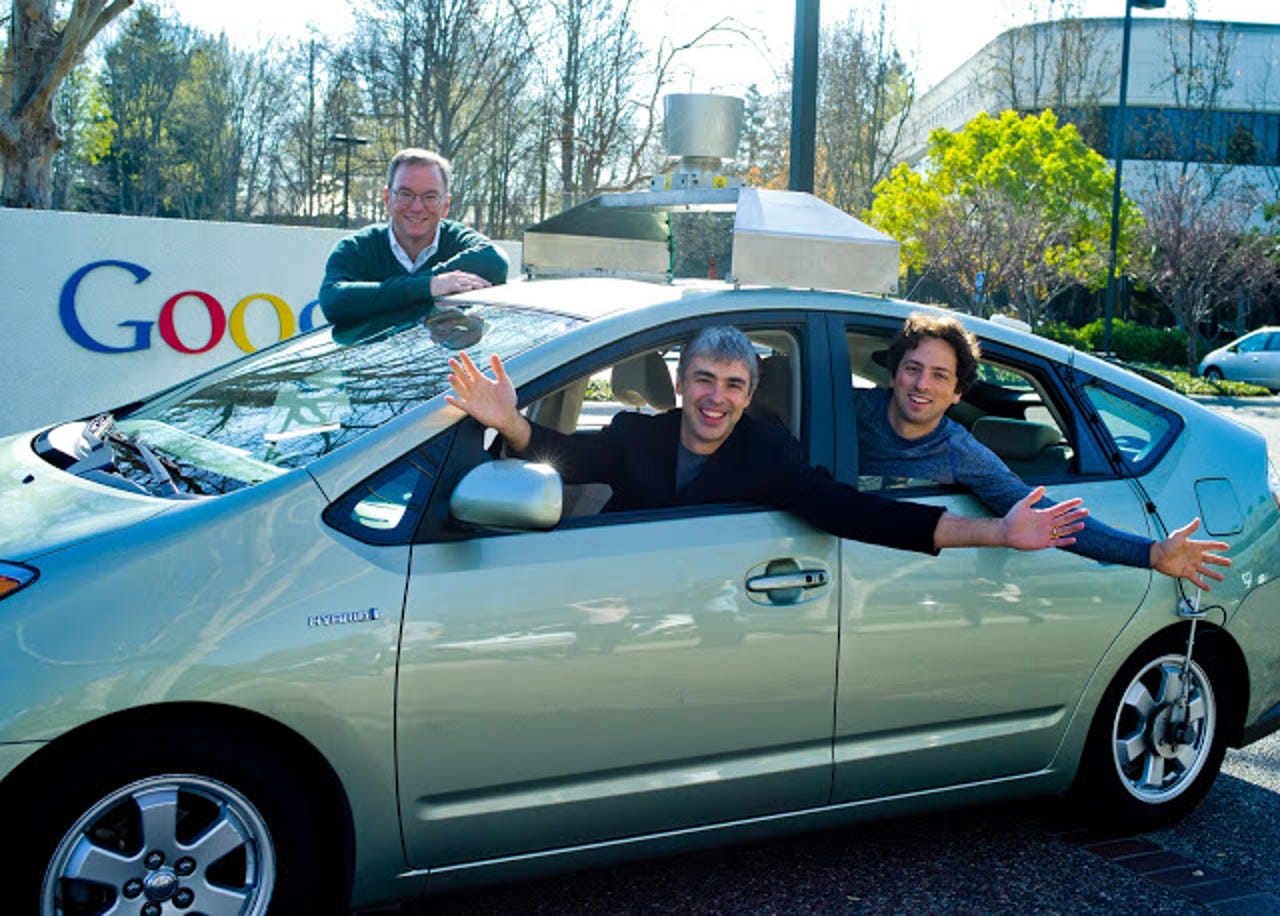NHTSA seeks ways to clear the road for self-driving cars


The NHTSA has asked for feedback on the state of autonomous vehicles and how current US regulations can be refined to promote research and deployment.
The US National Highway Traffic-Safety Administration (NHTSA) released a report on potential rule changes on Friday, which states the agency is looking for comments "to identify any unnecessary regulatory barriers" to the deployment of autonomous vehicles on US roads.
NHTSA said that input relating to regulatory barriers is key, as well as any thoughts relating to hurdles companies face when attempting to test their self-driving vehicles.
Featured
Compliance problems are a serious problem for vendors researching and developing self-driving car technologies. In particular, the agency recognizes that vehicle designs "that are not equipped with controls for a human driver" are a stumbling block, such as a lack of a steering wheel, brakes, or accelerator pedals.
"Further, NHTSA seeks comments on the research that would be required to remove such barriers," NHTSA says.
The agency's key concern is to "safely lay a path for innovative automated vehicle designs and technology."
Companies including Tesla, Google, General Motors, Ford, Chrysler, and a wealth of others may be chomping at the bit to refine their self-driving technologies and vehicles, but the agency has to be cautious with how far the rules can be eased, and when.
As we've seen with Tesla drivers who allow their cars to take control fully and even drive them to a hospital when they are in no fit state to drive, humans are not always sensible when trying out new technologies.
Together with traditional cars on the road, this can be a recipe for disaster in which serious accidents are only a matter of time -- and there is still no clear-cut answer to liability in self-driving vehicle accidents.
Any comments submitted will be considered in future amendments to federal motor vehicle safety standards (FMVSS) and other rules related to self-driving technologies, although it is unlikely that the agency will push for radical changes to current rules anytime soon.
The formal notice to the public is expected to be announced next month.
See also: Lyft launches self-driving car pilot in San Francisco
In September, the US government passed the Self Drive Act by voice, which would exempt automakers from some federal and state regulations and encourage self-driving vehicle tests and deployment if the proposal makes it through the Senate.
Should the act pass, NHTSA must come up with clear-cut rules for self-driving vehicles within a decade.
The Trump Administration is also seeking to reduce the regulatory burden on vendors interested in promoting other technologies.
Last week, the US government said President Donald Trump has signed a directive to launch the Unmanned Aircraft Systems (UAS) Integration Pilot Program, designed to encourage companies to test drone technologies in the country.
Top accessories to make your car smarter
Previous and related coverage
Intel, Waymo partner to work on fully autonomous cars
After logging three million miles of real-world driving together, Intel says it will help Waymo reach level 4 and level 5 autonomy.
Google's Waymo patents soft self-driving cars to keep you safe
Can squishy vehicles stop pedestrians from getting hurt during accidents?
US House approves bill to advance autonomous car testing
The bill would exempt a certain number of driverless vehicles from state safety regulations.